All about the weight of rubble
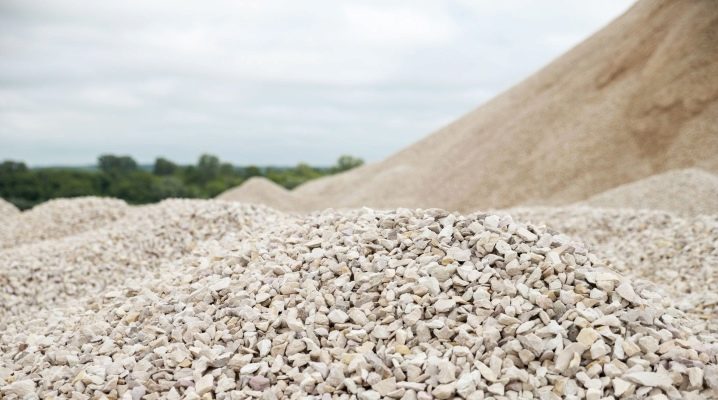
It is imperative to know everything about the weight of crushed stone when ordering it. It is also worth understanding how many tons of crushed stone are in a cube and how much 1 cube of crushed stone weighs 5-20 and 20-40 mm. It is necessary to understand the specific and volumetric gravity before answering how many kg of crushed stone is included in m3.

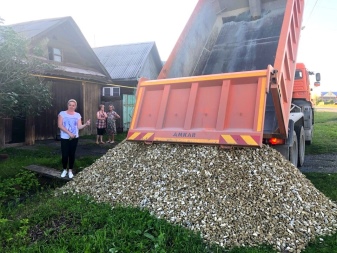
Influencing factors
The specific gravity of crushed stone is reasonably recognized as a key characteristic. It is determined by how many particles of material can be in a given volume. The difference between specific gravity and true density is that the second indicator does not take into account the amount of air in the mixture. This air can be present both explicitly and in the pores inside the particles. It is impossible to accurately calculate the specific gravity, however, completely without taking into account the true density.
The size of the fraction is important. In terms of relative indicators, the differences between crushed stone of different fractions are not so great.
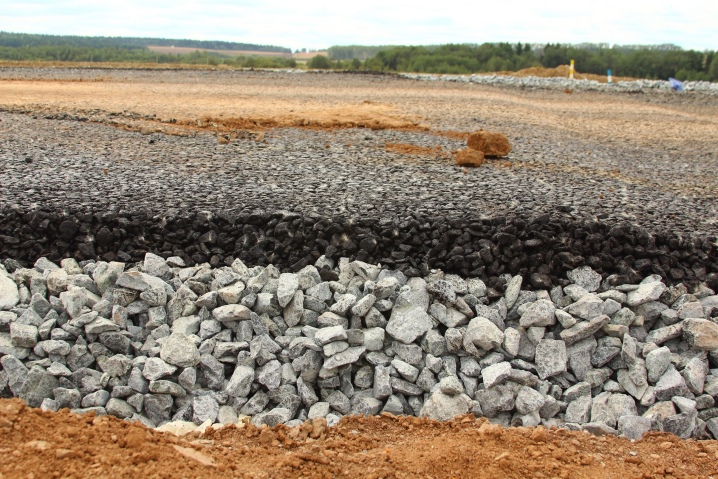
Obviously, the more particles are in one volumetric tank, the heavier this mineral will be. Flakiness also plays an important role - after all, the shape of the particles is directly related to how much air is inside a particular batch of raw materials.
Sometimes the proportion of particles of irregular shape is impressive. In this case, the concentration of air in the intergranular space is also noticeable. Although the material turns out to be lighter, when using it, more binder will be needed, which is clearly a minus. It also affects moisture absorption. It varies depending on the origin of the crushed stone and on the size of the fraction.
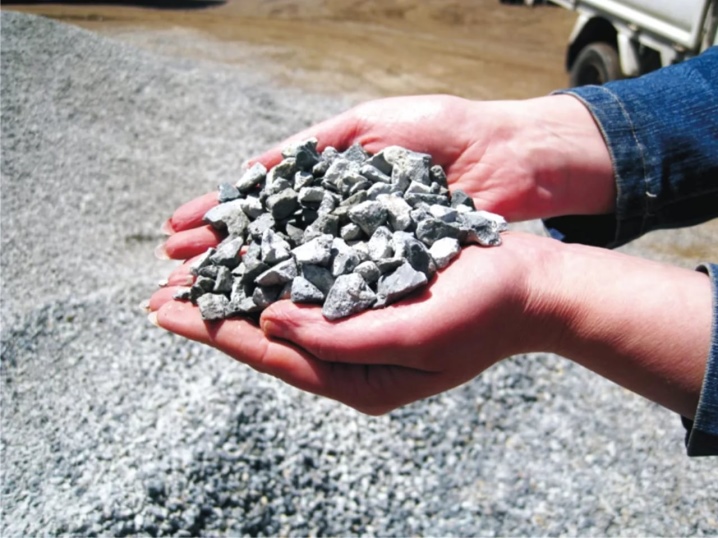
How much does a cube of material weigh?
It will not be difficult to distinguish what the crushed stone of different fractions looks like, even for non-specialists. However, it is much more difficult to deal with its mass. Fortunately, professionals have long since calculated and thought everything over, developed standards, and consumers can simply be guided by their provisions. The definition of the real consumption of crushed stone per 1 square meter, it is worth emphasizing, is not so unambiguous. This indicator may vary depending on the degree of compaction of the material.
It was found that in m3 of granite crushed stone with a fractional composition of 5-20 mm, 1470 kg are included. Important: this indicator is calculated only when the flakiness is normal according to the standard. If you deviate from it, there is no such guarantee.
So, a 12-liter bucket of such material will "pull" 17.5 kg.
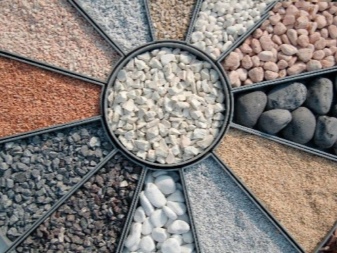
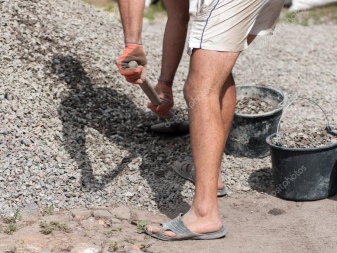
For gravel material of the same fraction, the mass will be 1400 kilograms. Or, which is the same, in 3 cubic meters. m of such a substance will contain 4200 kg. And for the delivery of 10 "cubes" it will be necessary to order a truck for 14 tons. When using bags for storing stone, recounting is also quite possible. So, when storing gravel material from 5 to 20 mm in a typical 50-kilogram bag, the volume will reach 0.034 m3.
When using granite crushed stone of fraction 20-40 mm, the total mass of the cube should be on average 1390 kg. If limestone is purchased, then this figure will be less - only 1370 kg. It is also very easy to convert a known batch of crushed stone into buckets.
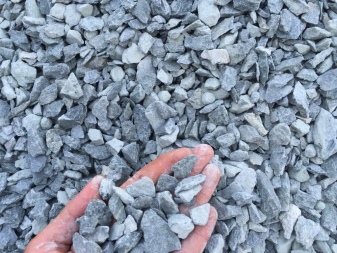
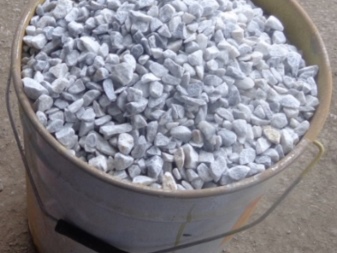
To carry 1 m3 of granite crushed stone (fraction 5-20), you will need 109 buckets with a volume of 10 liters. In the case of gravel material, only 103 buckets of the same capacity will be required (both figures are rounded, increasing the overall result according to mathematical rules).
The crushed stone obtained from limestone with a fractional composition of 40-70 mm will weigh a little more than gravel (1410 kg). If we take granite material, then by 1 m3 it will be heavier by another 30 kg. But gravel has a noticeably less mass - only 1.35 tons on average in most cases. Expanded clay crushed stone is especially light. One cube.m of such a product does not pull even by 0.5 tons. It will weigh only 425 kg.

How many cubes are in a ton?
It is quite difficult to distinguish visually the volume of a heap of crushed stone of different fractions. The fact is that this indicator does not differ as much as it might seem to non-specialists. This property is also typical for relatively small batches (level of 50 kg or 1 centner).
However, the calculation still needs to be done - otherwise there is no question of accurate and competent construction.
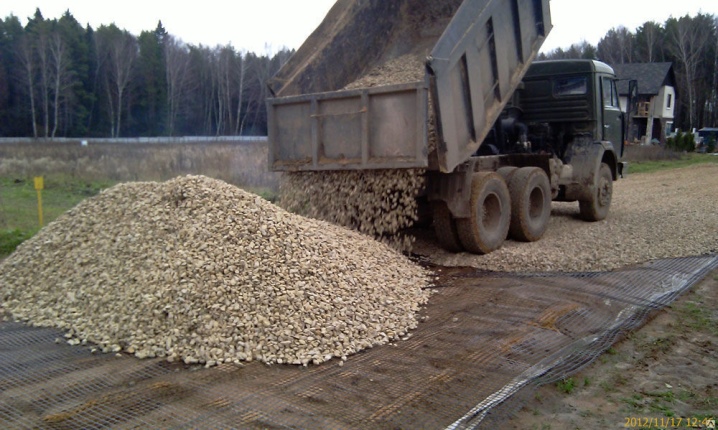
For the most popular fraction (20x40), the volume 1 (10 tons) will be equal to:
-
limestone 0.73 (7.3);
-
granite 0.719 (7.19);
-
gravel 0.74 (7.4) m3.

How much rubble is in the car?
The KamAZ 65115 dump truck with a declared total carrying capacity of 15,000 kg can carry 10.5 m3 of cargo. Bulk density of gravel crushed stone 5-20 will be 1430 kg. Multiplying this indicator by the volume of the body, the calculated result is obtained - 15015 kg. But these additional 15 kg can go sideways, therefore it is better not to rely on them, but to load the car as accurately as possible.
Professionals in such cases talk about dosed loading.
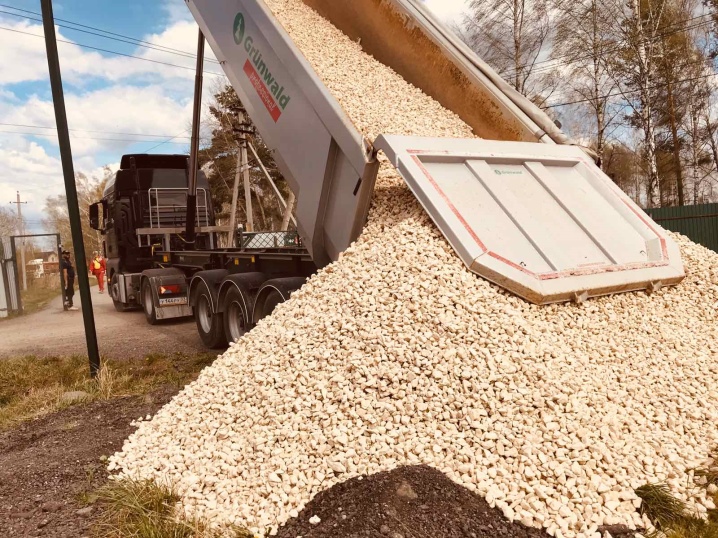
If you use ZIL 130, then when transporting the lightest of the above (expanded clay) material 40-70, 2133 kg will fit in the body. Granite mass 5-20 can be taken with an estimated 7.379 tons. However, in fact, "130th" carries no more than 4 tons. It is highly discouraged to exceed this figure. In the case of the popular "Lawn Next", the formal volume of the body reaches 11 cubic meters. m, but the carrying capacity does not allow taking more than 3 cubic meters. m of gravel with a fraction of 5-20 mm.
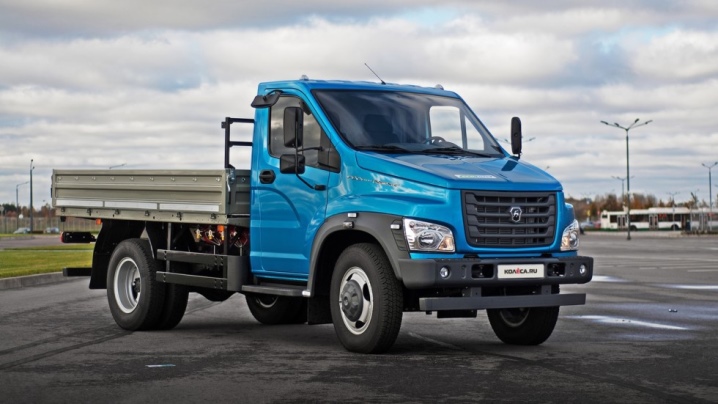













The comment was sent successfully.